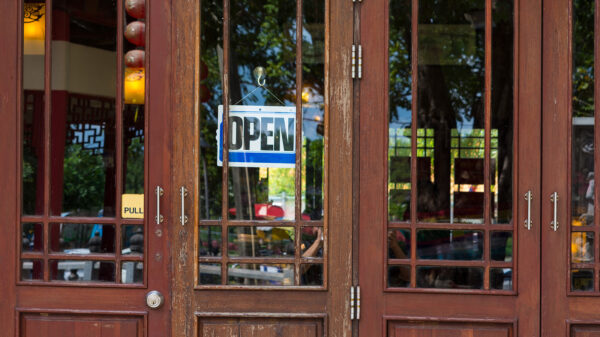In its fresh announcement, Meta declared that it’s finishing its anti-disinformation program, pointing out a dedication to “extra speech and less errors” (Meta, 2025). Given the scale and world succeed in in their platforms, this isn’t only a blow in opposition to systematic {and professional} fact-checking on-line; this can be a blow in opposition to the very concept of fact-checking—and that’s an issue for democracy.
Meta started the use of groups of third-party fact-checkers within the aftermath of the 2016 election when huge quantities of disinformation (false knowledge supposed to misinform) and incorrect information (false knowledge unfold in excellent religion) flooded platforms like Fb. Whilst rarely highest, research counsel that Meta’s program did cut back each the unfold of falsehoods and trust in them (Martel & Rand, 2024). It was once one step in addressing the rampant unfold of damaging (mis)knowledge, like “COVID isn’t actual” or “the 2020 election was once stolen.”
So finishing this system—versus bettering it—has troubling penalties for the unfold of lies on-line. However the undermining of fact-checking via the arena’s greatest social media platform has a extra insidious impact as neatly: It undermines the worth we position on fact basically. And that has results that vary past social media into tradition itself.
Skepticism About Fact
Philosophers have lengthy argued over what fact is—and lots of have wondered whether or not we will ever in point of fact know what’s objectively true and what is not. But skepticism about fact is not only an educational workout. It’s regularly weaponized.
As thinker Hannah Arendt noticed in The Origins of Totalitarianism, authoritarian propaganda prospers on “excessive contempt for information as such, for of their opinion, truth is dependent totally at the energy of the person who can fabricate it” (Arendt, 1951). In different phrases, it’s in an authoritarian’s self-interest to undermine the concept that someone else but even so themselves can “fact-check” or say what’s true and what’s false.
This skeptical technique may also be discovered at paintings in lots of polarized political actions—authoritarian or now not. It isn’t about spreading lies. It’s about diminishing accept as true with in out of doors government—encouraging contributors of the motion not to most effective push aside proof that demanding situations their worldview however to specific “contempt for information as such.” Almost talking, that suggests brushing aside the concept that there will even be purpose proof that contradicts your reviews and the ones of your partisan allies.
The Actual Harm
The deeper worry with Meta’s resolution is that it dangers feeding into this bad cynicism about fact and truth. For it sends a sign that distinguishing fact from falsehood in purpose, impartial techniques is unimportant or not possible.
That issues as a result of fact and its pursuit are foundational democratic values. Democratic decision-making relies on citizens having correct knowledge. That a lot is apparent. But it surely additionally calls for other folks to care about accuracy within the first position. That suggests worrying about getting issues proper, now not with reference to what will get you extra likes out of your political allies. It approach now not having dismissive contempt for the very concept of fact or truth.
Conclusion
Meta’s resolution to finish its anti-disinformation program represents greater than only a coverage trade. It dangers feeding a much wider cultural dismissiveness towards fact that places democratic values in peril.




























![VVS: Meet the Emerging K-Pop Woman Crew Set to Shine Like Diamonds [Teaser Images] – Kpoppie VVS: Meet the Emerging K-Pop Woman Crew Set to Shine Like Diamonds [Teaser Images] – Kpoppie](https://i1.wp.com/kpoppie.com/wp-content/uploads/2025/04/vvs-man-100.jpg?w=100&resize=100,100&ssl=1)






You must be logged in to post a comment Login